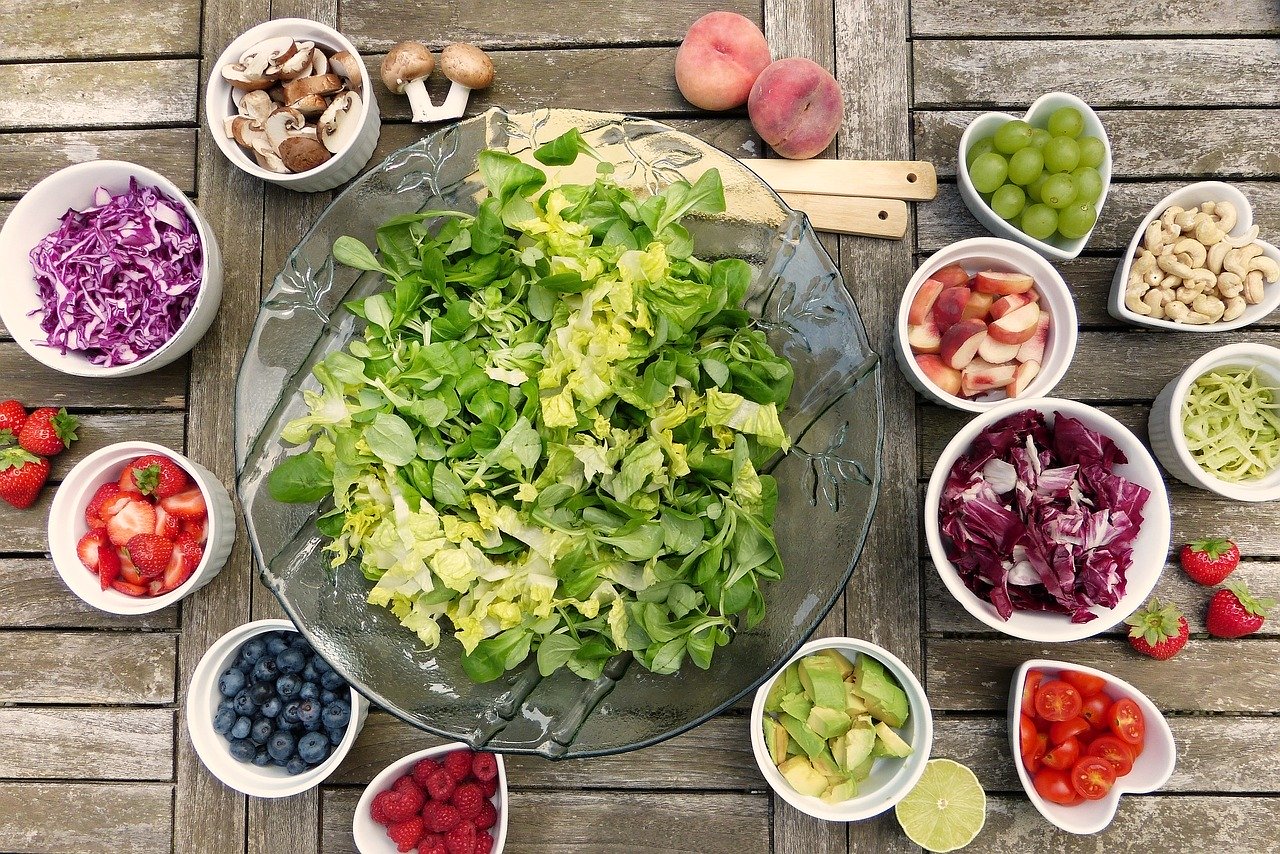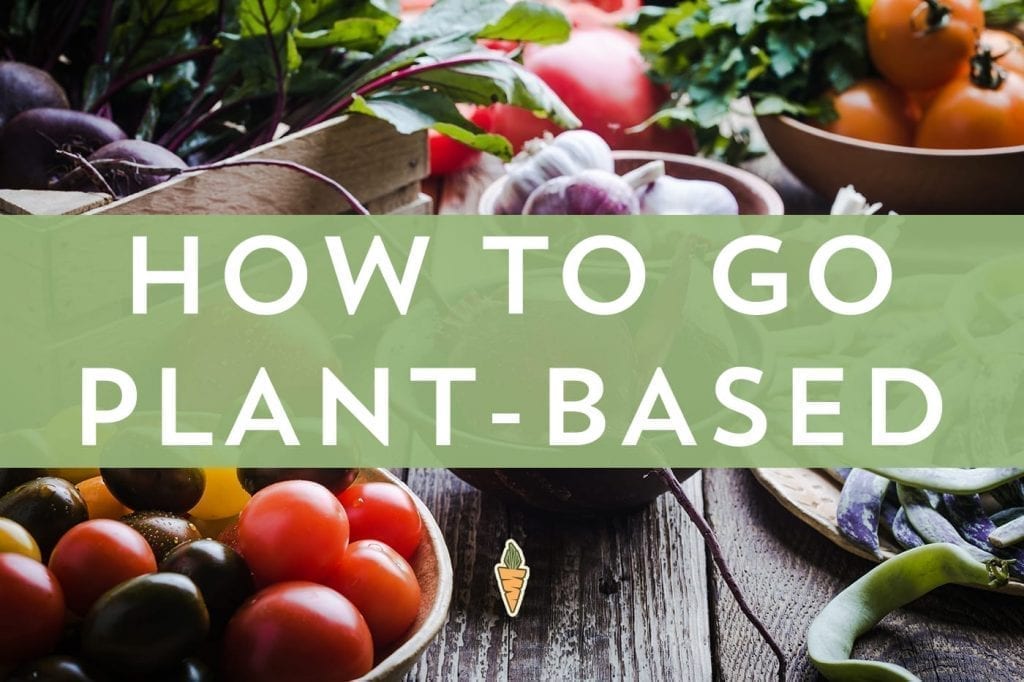More and more people are increasingly moving towards a vegan diet for their health, environmental concerns, and animal welfare. A vegan, or plant-based diet is a diet that has excluded all animal products, which includes meat, eggs, and dairy.
If followed correctly, it can actually be very nutritious and comes with a whole lot of benefits, including reducing the risks of obesity and other chronic illnesses. A 2018, study found out that around 3% of Americans were fully vegan.
In this review, we take a look at the benefits of a fully vegan diet, and what you need to be most careful about when it comes to being vegan. Although it has its own benefits, it also has a few limitations. Read on to learn more.

Better Health
When you use a vegan diet, you boost your health in many ways. A 2019 study linked the high intake of plant-based products and the reduction of animal products to the reduced risk of heart attacks and deaths in adults.
Animal products, such as cheese, meat, and butter are the main sources of saturated fats, and according to the American Heart Association, eating foods containing these types of fats will raise your cholesterol levels.
When your cholesterol is high, then you have a high risk of suffering from a stroke or getting heart disease. On the other hand, plants are filled with fiber, which the AHA says promotes better health.
Lowers the Risk of Cancer
As per a 2017 review, eating a diet that is fully vegan can reduce your chances of cancer by up to 15%. The health benefits associated with this is because the plant-based foods are very high in vitamins, fiber, and phytochemicals, which are the biological compounds that protect against cancer.
Weight Loss
People who are constantly on a vegan diet tend to have a very low body mass index, as opposed to people who eat meat and other dairy products. Their diets also provide them with more macronutrients than any other diet.
Most animal products are usually high in calories and fats, and replacing this with a plant-based diet will make you better placed to manage your weight.
Lowers Risk of Type 2 Diabetes
According to a review done in 2019, following a diet that is mostly plant-based foods can help reduce your risk of getting Type 2 Diabetes, which is usually as a result of a high-calorie diet.
If you are at risk of this disease, ensure you eat more plant-based foods, such as vegetables, fruits, nuts, whole grains, and legumes.
What to Be Wary Of
Now, although a plant-based diet is good for all of the above benefits. There are some nutrients found in dairy products that are essential in your body. You must plan your meals effectively, so you can ensure that you are meeting all of your nutrients needs.
If you are currently on a vegan diet, ensure to include the following nutrients in your diet: Vitamin B-12, which is found in animal products, and it helps protect your nerves and red blood cells. Iron is important for your blood and can be found in dark leafy greens and beans.
Calcium is crucial for bone health, and you can find it in tahini, tofu, and green veggies. Vitamin D, and Omega- 3 fatty Acids, which helps with your heart, brain function, and eye function as well. Zinc is important for your immune system, and Iodine helps with your thyroid.

Conclusion
What we are saying is that a plant-based diet may be great for you in terms of the many health benefits that it has to offer, but at the same time, take care your body doesn’t lack any of the above nutrients. If you cannot find it in foods, then use supplements.
















